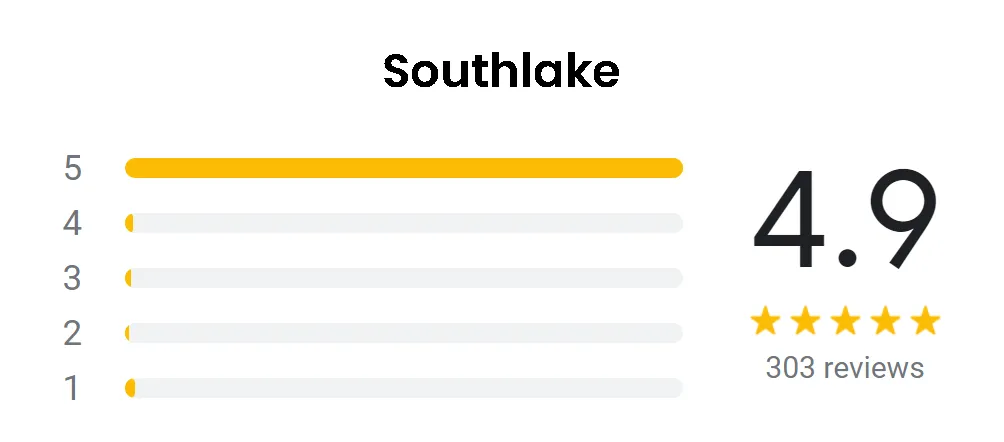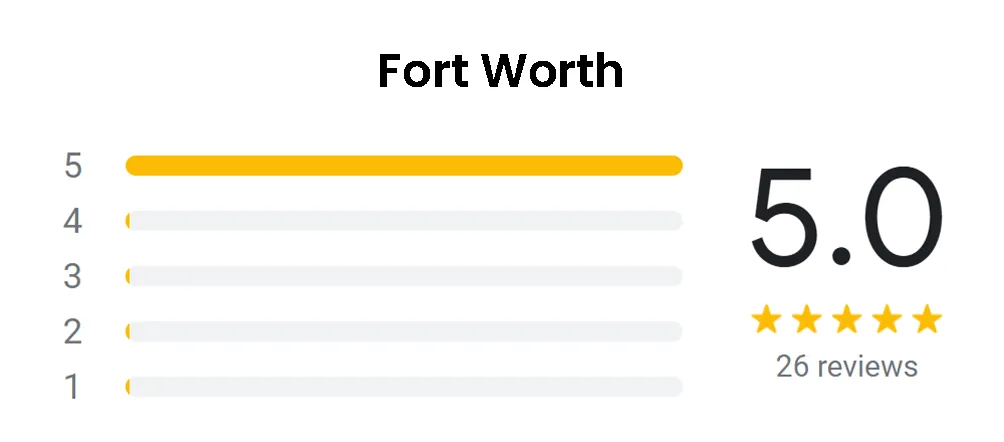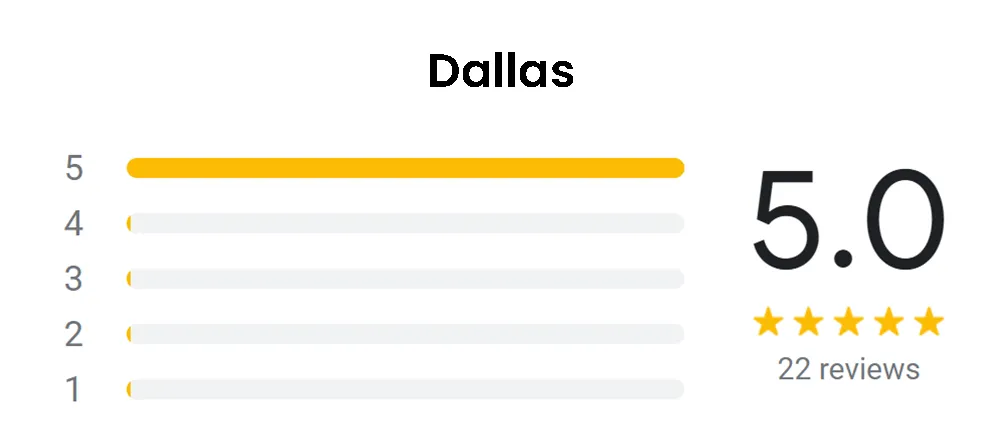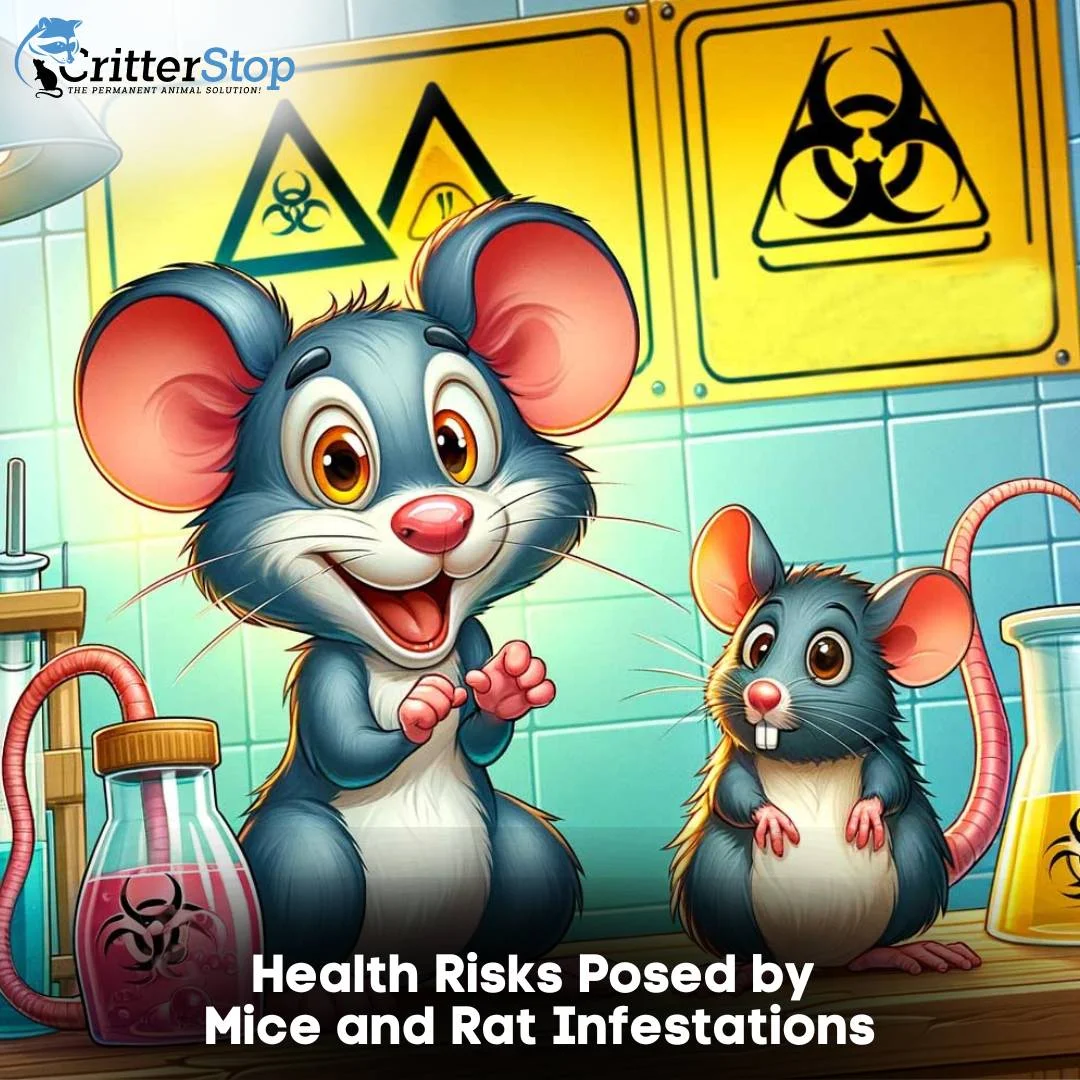
Rodents, like all nuisance wildlife, constantly seek out sources of food, water, and shelter. With residential and commercial buildings often supplying all three of these, it is no surprise that more than 100,000 households in the Dallas-Fort Worth area spotted signs of mice or rat activity in their homes in the past 12 months (according to the U.S. Census Bureau’s American Housing Survey).
A mice and rat infestation is a critical issue that can cause a variety of health risks. Approximately 35 diseases are associated with rodent species such as mice and rats. The most dangerous disease is hantavirus pulmonary syndrome (“hantavirus”), which is discussed below.
Diseases can spread in numerous ways, including through rodent droppings. So even once the rodents are gone, the health risk are not necessarily gone with them. When humans come in contact with urine, feces, and saliva of rats and mice, they can get infected with whatever disease the rodent was carrying. When droppings contain bacteria, they can contaminate the air as well, particularly when disturbed. This is why improper disposal can lead to increased chances of infection, and why receiving help from an animal removal specialist near you, such as Critter Stop, can be so valuable. If you see droppings at your house, feel free to give us a call – we have provided our services for all Dallas area, and we can help you to identify the feces over the phone or via text message.
Hantavirus is the most dangerous disease spread by rodent infestations. People can get this virus from eating food that came into contact with infected rodents or rodent droppings or even simply inhaling air exposed to rodent feces. Rodents can also pass along this disease through their saliva when biting. If you have had contact with a rodent or rodent droppings of any sort and start to experience common illness symptoms such as fatigue, fever, and muscle aches, contact a doctor immediately! According to the CDC, as of 2017, 36% of hantavirus cases in the U.S. result in death.
Hantavirus is fatal. If it is not diagnosed in its early stages, it cannot be treated since there currently is not a known cure for the disease. Regardless, it is advisable to contact a critter removal company, such as Critter Stop, so they can remove the rodents and thoroughly sanitize your home so you can avoid this devastating, albeit low likelihood, outcome.
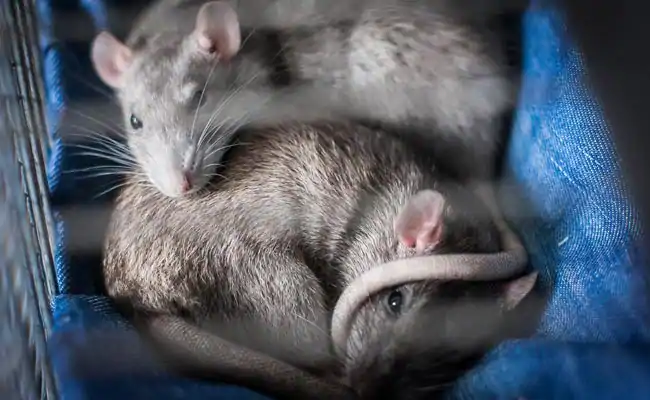
Another common disease carried by mice is lymphocytic choriomeningitis virus (“LCMV”). According to the CDC, it is estimated that ~5% of house mice throughout the U.S. carry LCMV. Mice can carry the disease for their entire life without showing symptoms, so it is important to treat all mice cautiously in case they are part of the infected ~5%.
In the first phase of illness, infected individuals can expect to experience any or all of the following: fever, headache, nausea, vomiting, smaller appetite, muscle aches, and headaches. In the second phase of illness, following a few days of recovery after the first phase, symptoms can include meningitis, encephalitis(drowsiness, confusion, and sensory disturbances), or meningoencephalitis(inflammation of both the brain and meninges.
LCMV is most commonly spread when humans come in contact with nesting materials of infected rodents, or their urine, saliva, or droppings. Fortunately, this disease is not fatal, but it can be contracted multiple times. To avoid LCMV, avoid direct contact with rodents and ensure your home or commercial building is properly sealed so rodents cannot freely enter and exit the building. As wildlife removal expert, at Critter Stop we are confident that our four-step process provides a permanent solution – so confident that we offer a lifetime guarantee on our work!
The bubonic plague, infamous for “The Black Death,” which killed 30-60% of the European population in the 14th century is still with us today.
Common symptoms of the bubonic plague include fever, extreme weakness, diarrhea, vomiting, abdominal pain, bleeding from the mouth, nose or rectum, or under skin, and blackening and death of tissue. Fortunately, we now have antibiotics that can treat patients and prevent fatal outcomes, but that does not mean the disease is without its unpleasant circumstances!
Rat-bite fever is one of the most dangerous diseases that can result from having rats in your attic or living area. As the name suggests, humans contract the disease when bitten by an infected rat. Skin rashes, joint pain, and fever are some common symptoms of rat-bite fever, but similar to the bubonic plague, rat-bite fever can be treated with antibiotics, once identified.
Another potential disease carried by rats and their feces is salmonella. Similar to food poisoning but with more severe symptoms, salmonella can cause diarrhea and fever.
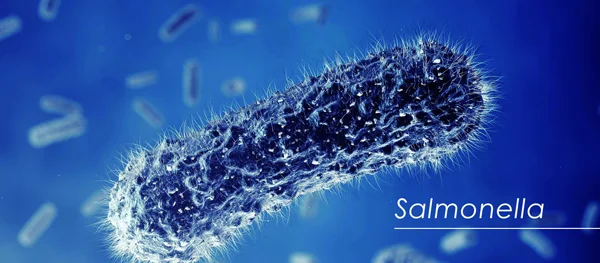
With the variety of potential diseases they could be carrying, rodent removal and extermination is critical to ensuring you have a safe home or commercial building to live or work in. When we have provided our rodent removal services, we have found that if you want to remove or prevent rodents from your attic or living spaces, you have to take the following measures:
Outdoor rat bait boxes are effective for homeowners wanting to reduce rodent activity on their property. Poison is a bad idea when inside the home because it can lead to dead rodents in your walls and other difficult-to-reach places. However, when used outside, the rodents will often die in their nest, or on their way back to their nest.
Bait boxes, or “bait stations,” are plastic boxes that require keyed entry, preventing children from accessing and consuming the poison. The boxes have a hole large enough for rats so they can access to the poisonous bait at the back of the box. The poisonous blocks inside the box need to be replaced every couple months, but the blocks can be bought online or from your local hardware store.
While bait boxes can minimize rodent activity outside of your home, the best way to catch mice or rats in your attic is traditional mouse and rat snap traps. Some companies use glue traps, but Critter Stop only uses snap traps, since they are the most humane way to exterminate rodents. Snap traps kill rodents instantly. With glue traps, rodents get stuck to the glue pad and slowly die of a combination of exhaustion, dehydration, and starvation. When baiting mouse and rat traps, peanut butter is a tried and true bait that homeowners and professionals alike have found to work extremely well for trapping and exterminating rats and mice.
If a rodent infestation is caught early, a professional can sanitize your attic and kill the micro bacteria and germs that may be stored in the feces. At Critter Stop, a primary ingredient to our proprietary blend is ProRestore Mediclean X-590.
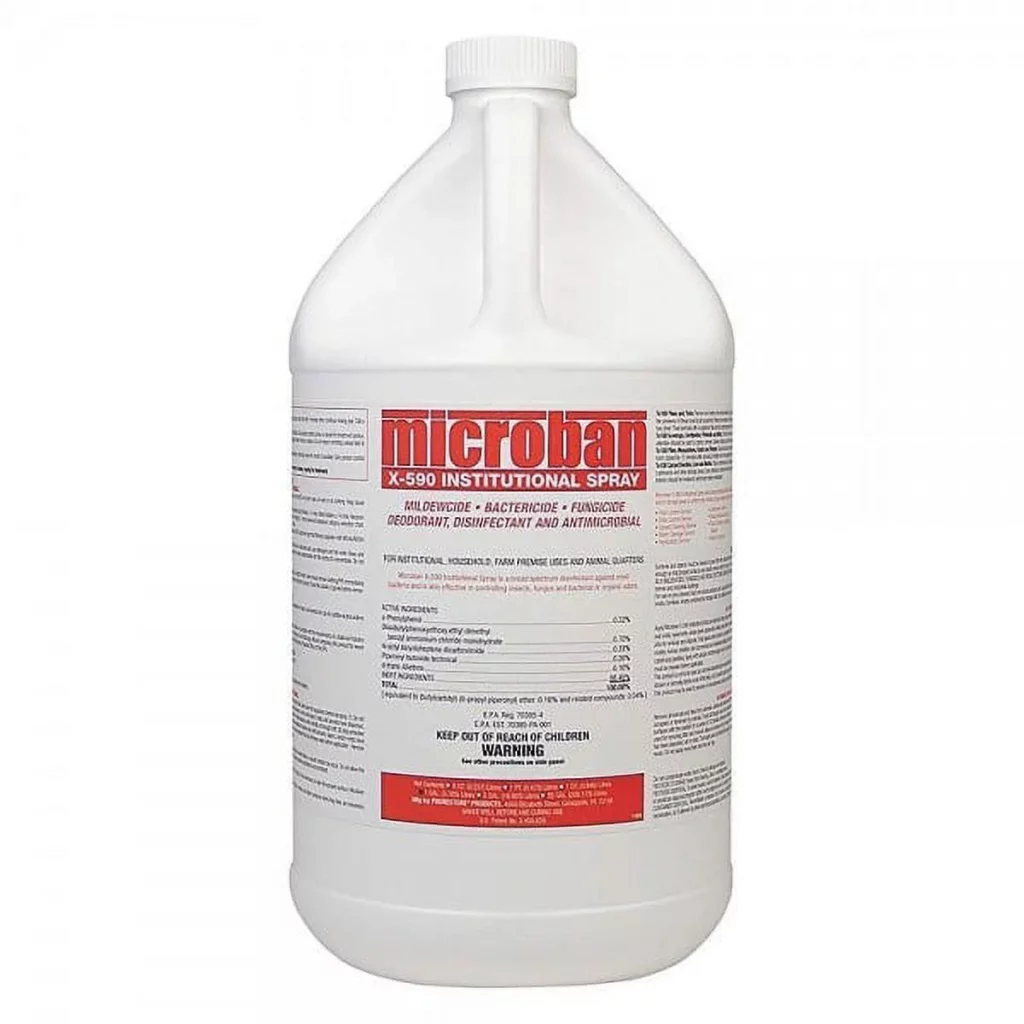
If rodents have been living in your attic for many months, or the rodents attracted larger animals, such as squirrels, opossums, or raccoons, a full attic restoration maybe needed. At a certain point, no amount of fogging can overcome the sheer volume of droppings left by rodents in your attic. At that point, it may be necessary to remove all of the insulation to ensure you remove all of the potentially-infected rodent feces and replace it with fresh insulation.
If you are in the Dallas-Fort Worth metroplex, more information on Critter Stop’s approach can be found here. If you are not located in Fort Worth, a well-reviewed animal removal services near you can likely help you out.
If left untreated, mice and rat infestations can be very dangerous. The number of diseases mice and rats (and their feces) can carry can create a serious health risk. Without a reliable way to tell which rodents are carrying diseases, it is best to be cautious and not brush them off. With 36% of hantavirus cases causing death, according to the CDC as of 2017, it is better not to try cleaning or sweeping rat or mouse droppings yourself. If you do and start experiencing common illness symptoms such as fever and muscle aches, we recommend visiting a medical professional as soon as possible!
If you notice common signs of rats or mice, with the most common being droppings / feces, you should immediately contact a professional that can help with rodent extermination. If you are in the Dallas, Fort Worth, Denton, or surrounding areas, Critter Stop provides free inspections and estimates, so we can walk you through what we believe you are dealing with and how we can possibly help you out.
Our experienced technicians are helping homeowners permanently remove rodents from their home on a daily basis. We focus intensely not only on quality of work and customer service, but also operating efficiently so we can provide our customers the best value possible. We are so confident in our quality of work and proven process that we offer a lifetime guarantee! In addition to our thorough exclusion (sealing of the home) work, we provide industry-leading sanitation services to ensure any leftover droppings do not present a health risk to you and your family.
If you live in the Dallas - Fort Worth metroplex and would like to learn more about our process or get in touch, call us now at (214) 234-2616!
Visit our Critter Library and learn more about our furry friends
